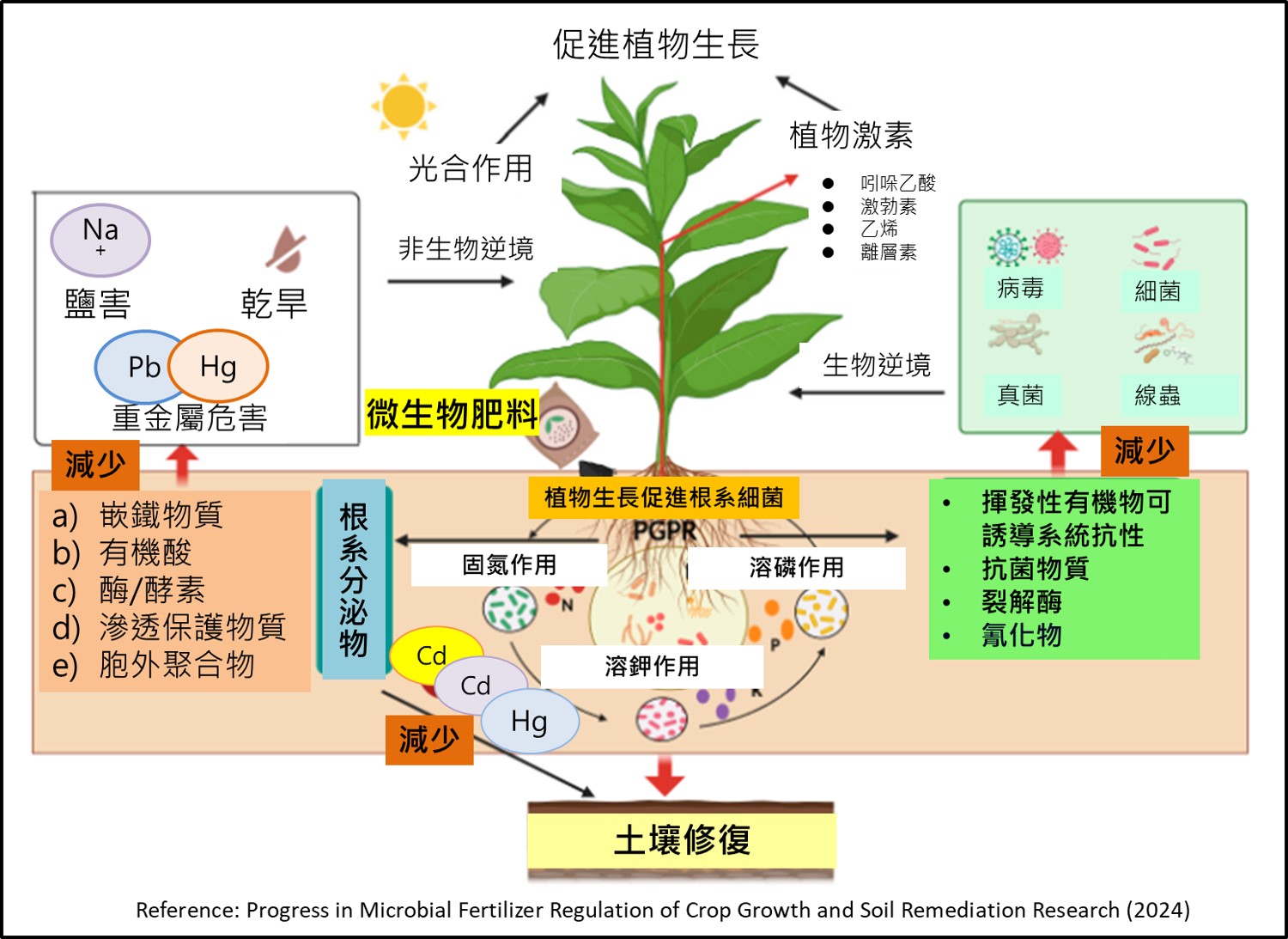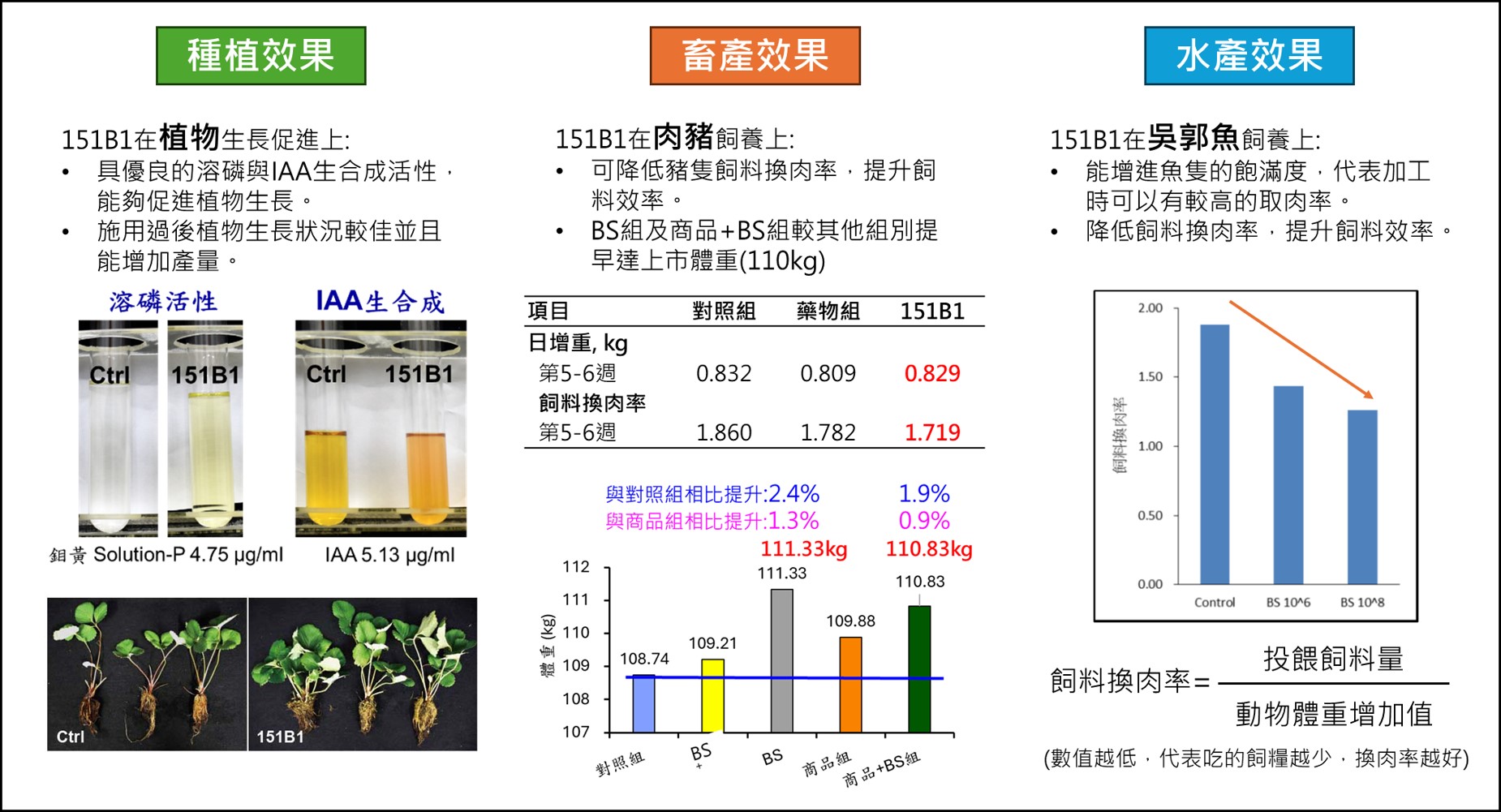Agricultural applications of Bacillus subtilis 151B1

There are tens of thousands of types of microorganisms in the soil. In agriculture, some strains have been studied and found to help plants absorb nutrients from the soil and increase resistance to pests and diseases. Soil microorganisms also play an indispensable role in crop growth. Microbial fertilizers are made by selecting beneficial microorganisms from the soil microbial community, utilizing their special properties and functions to indirectly promote plant growth. These beneficial microorganisms can antagonize pathogens or secrete antibiotics to prevent pathogens from invading plants. Additionally, microbial fertilizers can promote the decomposition of organic matter in the soil and release nutrients that are fixed in the soil, making the soil looser and aiding plant root nutrient absorption.
Currently, the application of microbial fertilizers can effectively improve the physical or chemical properties of the soil, increase crop yields, and reduce dependence on chemical fertilizers and pesticides, becoming a goal for sustainable agricultural development in the future.
Here is an introduction to Bacillus subtilis 151B1, a strain that has won the National Innovation Award:

Three major applications of Diamond Quantum's Bacillus subtilis 151B1 strain:
A. In plants: It promotes the growth of various plants, enhances yield and quality, possesses multiple enzyme activities, phosphorus solubilizing activity, and the ability to produce the plant growth hormone indole acetic acid. It also has the ability to prevent bacterial and fungal diseases in plants and can degrade pesticides such as Malathion and Dichlorvos, as well as the fungicide Thiabendazole.
B. In livestock: It improves the feeding efficiency of piglets and meat pigs, reduces the content of hydrogen sulfide and thiols in feces, thus lowering odor, improves the overall environment of the breeding area, and reduces the number of potential pathogenic E. coli in the intestines of pigs, among other applications in livestock breeding.
C. In aquaculture: It can enhance the fullness of fish, increase meat yield, improve feed efficiency, effectively inhibit intestinal pathogens, reduce fish disease incidence, improve water quality in breeding environments, decrease organic matter in water, adjust the biological composition of algae in the water, and alter the gut microbiota of fish, among other applications in aquaculture.
Taimao Quantum is expected to obtain the registration certificate for microbial fertilizers and the sales license for feed additives for 151B1 this year. Interested parties, please stay tuned!
#151B1 #MicrobialFertilizer #FeedAdditive #IncreasePlantGrowthAndYield #ReduceFeedConversionRate